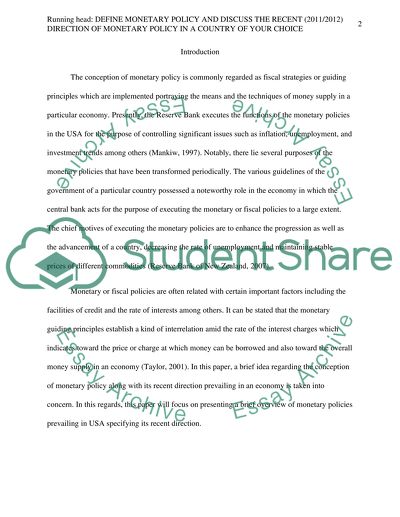Cite this document
(“Recent Direction of Monetary Policy in a Country of Your Choice Essay”, n.d.)
Retrieved from https://studentshare.org/finance-accounting/1396206-define-monetary-policy-and-discuss-the-recent
Retrieved from https://studentshare.org/finance-accounting/1396206-define-monetary-policy-and-discuss-the-recent
(Recent Direction of Monetary Policy in a Country of Your Choice Essay)
https://studentshare.org/finance-accounting/1396206-define-monetary-policy-and-discuss-the-recent.
https://studentshare.org/finance-accounting/1396206-define-monetary-policy-and-discuss-the-recent.
“Recent Direction of Monetary Policy in a Country of Your Choice Essay”, n.d. https://studentshare.org/finance-accounting/1396206-define-monetary-policy-and-discuss-the-recent.


